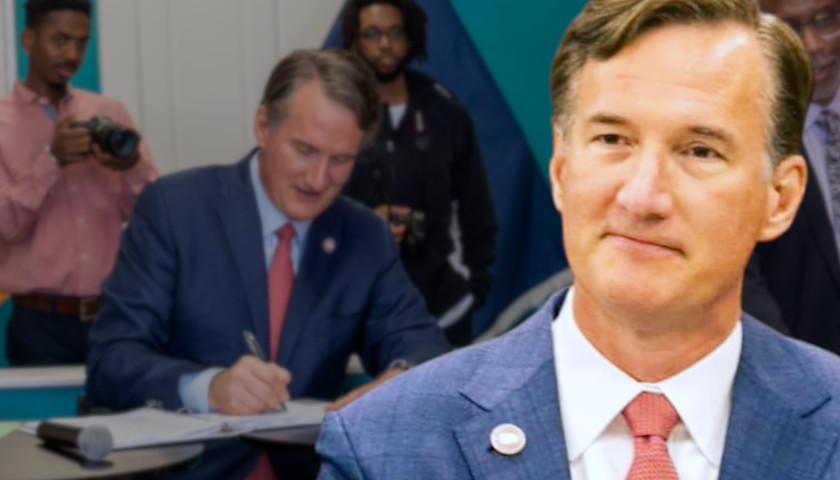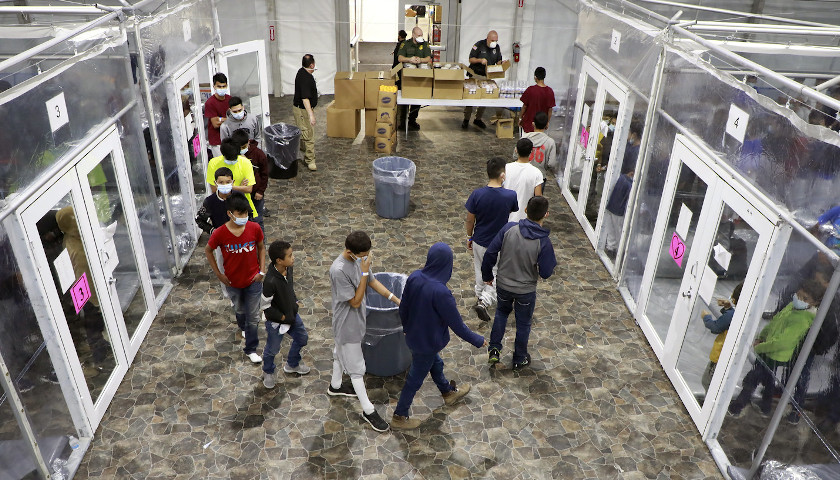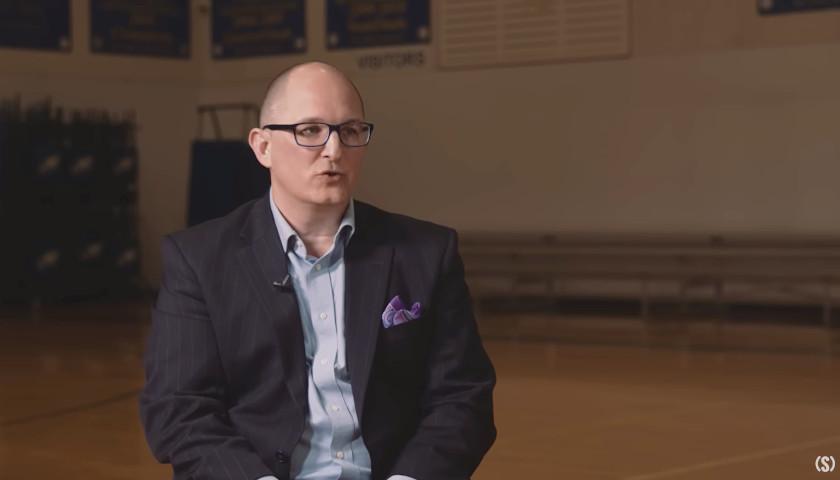The Virginia Supreme Court on Friday said it will not extend Governor Northam’s order barring eviction notices and proceedings as a newly implemented federal eviction moratorium takes effect.
Northam asked the court for an extension of the temporary eviction order in a letter on Thursday, saying more time is needed to better understand the federal order and for the General Assembly to pass legislation to further protect Virginians.
The court’s letter rejecting Northam’s extension request cites a memo from Karl Hade, executive secretary of the Supreme Court of Virginia, informing all judges and clerks in the Commonwealth about the new order from the Centers for Disease Control and Prevention (CDC).
The federal eviction moratorium was issued by the CDC as an emergency action, which temporarily halts evictions through the end of 2020 with specific guidelines and provisions attached.
“Governor Northam is pleased to see the Virginia Supreme Court’s recognition that the federal eviction moratorium is in place through December 31st, even if it’s different from the state-level protections he requested,” Alena Yarmosky, Northam’s spokeswoman, said in a statement.
While the governor’s office is glad the government issued a federal order, there are still some concerns.
“I would note that this recent order from the CDC, while welcome, required further review given recent inconsistencies with federal orders,” Yarmosky said. “The governor continues to work closely with the General Assembly on legislation that will keep Virginians safely in their homes throughout this health crisis.”
The CDC eviction moratorium does not prohibit all evictions with some allowed on certain grounds, nor does it relieve a person of future rent payments to landlords or property owners.
For people to become eligible under the new CDC order, five criteria must be met:
- You must be making your best efforts to obtain any and all forms of government rental assistance.
- You cannot expect to earn more than $99,000 in 2020, or $198,000 if married and filing a joint tax return, or they did not need to report any income to the government in 2019, or they received a stimulus check this year.
- You are experiencing a substantial loss of household income, a layoff, or extraordinary out-of-pocket medical bills.
- You are making your best efforts to make timely partial rent payments that are as close to the full amount due as circumstances may permit, taking into account other expenses.
- An eviction would likely lead to homelessness, having to move to a place that is more expensive, or being placed in environments making the spread of COVID-19 more likely, such as shelters or other close quarter environments.
The CDC published a declaration form online that renters must submit to landlords or property owners in order to prove their eligibility.
The temporary order also specifically mentions the possibility that renters may owe back several months of rent after the moratorium expires in January 2021.
Christie Marra, director of housing advocacy for the Virginia Poverty Law Center, expressed concern over the different protections in the Virginia Supreme Court’s order and the CDC order, specifically ongoing court issued writs of eviction.
“What does worry us is that the Virginia Supreme Court order that expires on the seventh — it prohibits writs from moving forward. The question is: Writs that were issued and placed in sheriffs’ hands, are they going to move forward with those writs? That is our concern,” Marra told The Richmond Times-Dispatch.
The Virginia Poverty Law Center (VPLC) is not affiliated with or related to the Southern Poverty Law Center, according to the VPLC website.
Despite the new CDC moratorium, Virginia lawmakers are still working toward passing legislation to protect Virginians against eviction notices or proceedings.
Senate Bill (SB) 5051, sponsored by Sen. Ghazala Hashmi (D-Chesterfield County), would halt all evictions until 90 days after the state of emergency declared by Northam expires or is ended, except for specific instances where an eviction is allowed.
Those instances include in response to a criminal act that is not remediable and poses a threat to health or safety, if a tenant refuses rental assistance or if the rental assistance program finds the renter to be ineligible because they can afford to pay, and requires landlords to inform tenants in writing information about the program and how to apply.
Additionally, the rent and mortgage relief program, funded through the CARES Act, will fully reimburse landlords directly for all unpaid rent and allows landlords to apply for rental assistance on behalf of the tenants, also offering the aid to anyone making less than 80 percent of the area median income.
When asked how the bill’s eviction protections will work with the CDC moratorium, Hashmi said the federal order does not provide implementation or structural guidelines for states, whereas SB 5051 clarifies the necessary steps for landlords and tenants to secure housing stability and to make sure that landlords are paid as well through rental assistance programs, and does not leave tenants with months of rental debt.
The bill is currently waiting to be considered by the Senate Committee on Finance and Appropriations on Wednesday.
– – –
Jacob Taylor is a reporter at The Virginia Star and the Star News Digital Network. Follow Jacob on Twitter. Email tips to [email protected].
Background Photo “Virginia Supreme Court” by Morgan Riley. CC BY 3.0.








